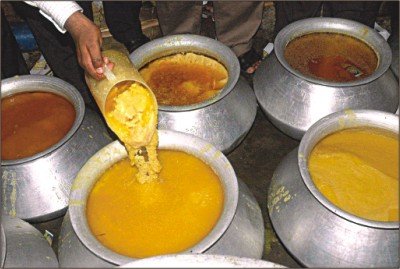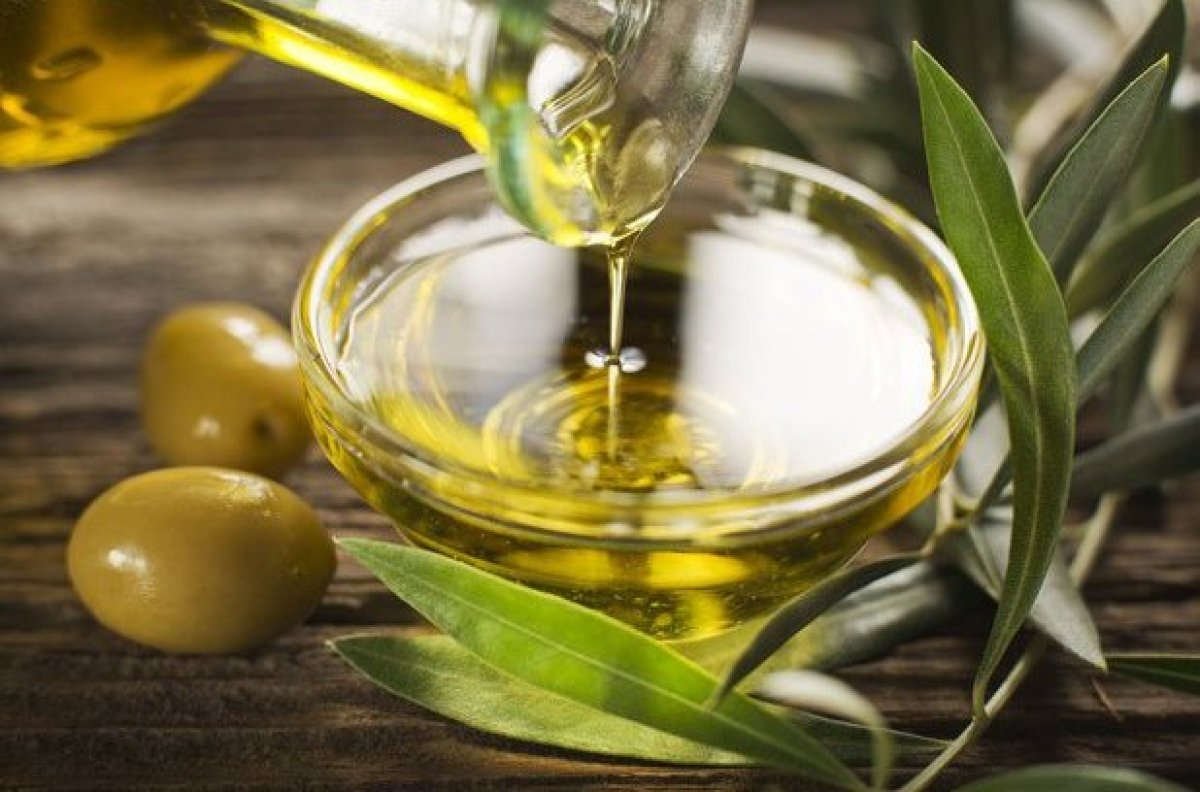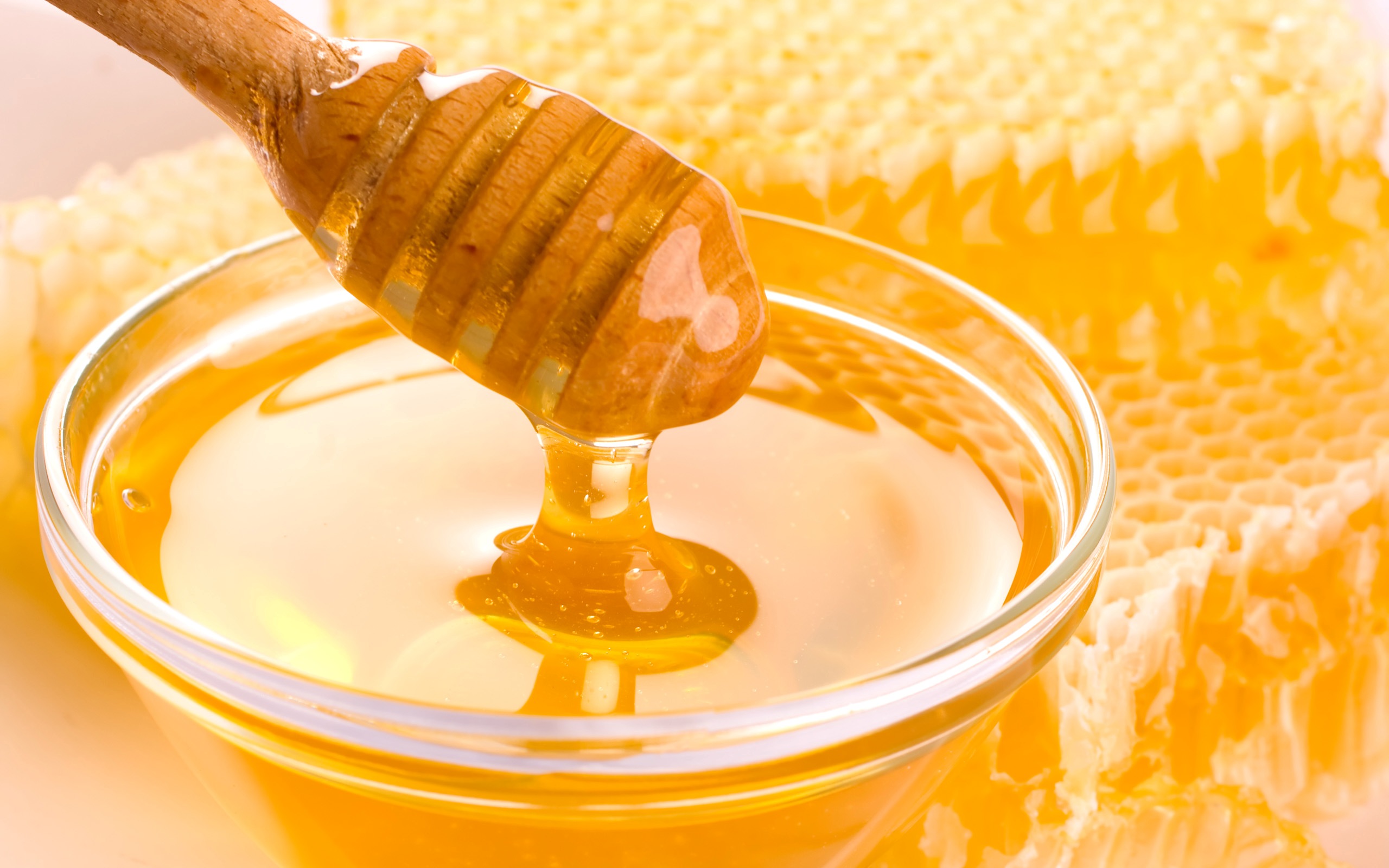
The food you’re buying in shops, supermarkets or somewhere else may not be exactly what it says its label. One-hundred percent olive oil? It could have canola or peanut oil. Honey? Might
be mostly cane syrup.  |
| Olive Oil |
Sometimes there’s really no way of knowing.
Food adulteration happens when something is added or taken away from a product without including it on the label. A recent Congressional Research Service report estimates that it affects about 10% of all products sold, although it says that number is probably a fraction of how often it really happens.
“It’s a very unsettling issue, because we all depend on food, and it’s devastating for consumer trust,” says Markus Lipp, PhD, senior director of food standards at US Pharmacopeia. The nonprofit agency helps set quality standards for food, drugs, and supplements.
Lipp says adulteration is driven by money. It costs less money to thin out or substitute the product with cheaper ones.

The substitutions could also have a health impact, particularly for people with food allergies. There is report which says at least 12 allergic reactions caused by cumin from India that was contaminated with peanut proteins. The cumin was part of a recall in 2014.
The Regulatory bodies such as TBS & TFDA can take action, including working to remove a product from shelves, when economically motivated adulteration is identified in a regulated food product.
“Combating food fraud is the responsibility of both industry and regulatory authorities.”
 Ensuring products’ safety and integrity and maintaining consumer confidence is “the single most important goal of our industry,” says Brian Kennedy, spokesman for the Grocery Manufacturers Association. “That is why food, beverage, and consumer products companies take economic adulteration, or product fraud, very seriously.”
Ensuring products’ safety and integrity and maintaining consumer confidence is “the single most important goal of our industry,” says Brian Kennedy, spokesman for the Grocery Manufacturers Association. “That is why food, beverage, and consumer products companies take economic adulteration, or product fraud, very seriously.”
Spices are among the most common food products that are adulterated, according to the congressional report. Here are some others, according to the report and food experts.
Honey
More than three-fourths of honey sold in U.S. stores isn’t what is claimed on the label, says Vaughn Bryant, PhD, professor of anthropology at Texas A&M University. He regularly tests honey in grocery stores.
Imported honey may contain pesticides and antibiotics. To save money, some companies will add cane, corn, or beet sugar, as well as rice syrup and high-fructose corn syrup.
Seafood
Seafood producers may substitute less-expensive fish for costlier ones. Red snapper, mahi mahi, swordfish, and cod are often replaced with Pacific rockfish, yellowtail, or mako shark.
Producers also add coloring agents to make fish seem fresher and to add weight during storage.
A 2015 congressional report says these agents" “may mask visual cues indicating that such flesh is decomposed and toxic.”
Also, "fish high in mercury are substituted for another species,” wrote congressional analyst Harold Upton in a 2015 report.
Olive Oil
 Olive oil may be thinned out with hazelnut, soybean, corn, peanut, vegetable, or canola oil. The final product may even contain no olive oil at all.
Olive oil may be thinned out with hazelnut, soybean, corn, peanut, vegetable, or canola oil. The final product may even contain no olive oil at all.
“When oil is ordered in bulk, the bottle will say 100% olive oil, but most times it’ll be 70% canola or soybean oil,” says Selina Wang, PhD, research director at the University of California Davis Olive Center. The olive oil you buy in the store may be adulterated as well, she says.
Fruit Juices
These may be watered down or diluted with a cheaper type of juice, such as pear or grape.
 Some may only contain water, dye, and sugars, but fruit will still be listed as an ingredient on the label.
Some may only contain water, dye, and sugars, but fruit will still be listed as an ingredient on the label.
Pear is often used in apple juice. Pricey pomegranate juice frequently includes blends of apple and grape juice, despite being about five times more expensive than grape juice.
Issues Remain
The Tanzania Food and Drug Authority (TFDA ) is charged with monitoring food adulteration under the Food, Drug, and Cosmetic Act.
To supplement that law, the agency has also published regulations about the specific type of information that must be on a product’s label (Review my previous topics about Information Required in the Label). The Act and supporting regulations are there, in part, to help ensure consumers are in fact receiving the product they believe they are paying for (Consurmer Protection).
But sometimes due to prevailing condition it might not be possible for the agency to prosecute every food adulteration incident because of other responsibilities and limited resources.
Currently many Companies are more integrated now and are working more with their suppliers, so they are more aware about the types of fraud that occur.
“There’s a process in place, and what gets measured gets better. Now people are looking at food fraud, so there is more information and more research are needed for prevention.”
Food companies have programs and procedures, including testing, to help ensure safe and high-quality products. Manufacturers continuously monitor and review these.
The issue of transparency is very important. Consumers should be told what actually their going to get through nutritional labeling.
Tips to help you avoid food fraud:
- Buy products locally if you can, such as honey. Talk to the producer.
- Buy foods in a minimally processed form, such as whole spices vs. ground.
- Be wary of prices that appear too good to be true, such as low-priced extra virgin olive oil.
- Buy from reputable brands and sources, because they want to maintain their reputation.


No comments :
Post a Comment